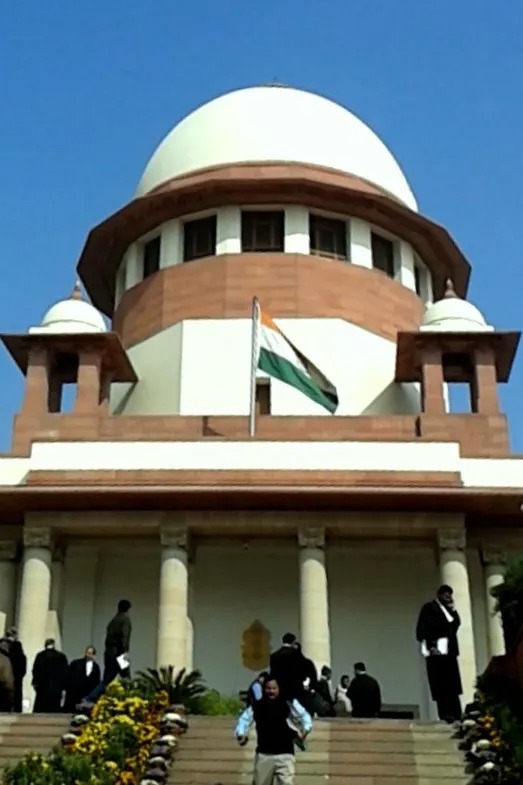Nasim Ali, J.@mdashThis is a Plaintiff''s appeal in a suit for recovery of arrears of rent and cess. The only dispute between the parties now is about the amount of cess payable by the tenant for the tenancy in question. The Courts below have decreed cess to the Plaintiff on the footing that the Defendants are cultivating raiyats and not tenure-holders. The contention of the learned Advocate for the Plaintiff landlord in this appeal is that the Plaintiff is entitled to get cess from the Defendants, on the footing that they are tenure-holders and not cultivating raiyats. It has been found by the Courts below that the Defendants are in actual cultivation of a portion of the land of their tenancy, the remaining portion being in the cultivation of under-raiyats. It is clear therefore that the Defendants are not persons cultivating the entire land of their tenancy and cannot therefore be considered as cultivating raiyats within the meaning of the Cess Act. It was however argued by the learned Advocate for the Respondent that the mere fact that a portion of the land has been let out to other persons for cultivation does not take away the status of the Defendants from that of cultivating raiyats. I am unable to accept this contention. The under-raiyats who are actually cultivating portions of the tenancy would be cultivating raiyats within the meaning of the Cess Act and therefore the Defendants cannot be considered as cultivating raiyats in respect of the portion let out by them to the under-tenants. The Defendants may be raiyats within the meaning of the Bengal Tenancy Act but from that it does not necessarily follow that they would be cultivating raiyats within the meaning of the Cess Act. The definition in the Cess Act clearly indicates that the cultivating raiyat must be a person who cultivates the entire land and has not let out any portion of the land to under-tenants for purposes of cultivation. It has not been found in this case that the under-tenants of the Defendants are mere temporary tenants and cannot be considered as cultivating raiyats within the meaning of the Cess Act. The Courts below were therefore wrong in holding that the Plaintiff was entitled to get cess from the Defendants on the footing that they are cultivating raiyats and not as tenure-holders. It may be mentioned here that in the valuation roll made by the Collector the tenancy in question has been assessed as a tenure and not as interest of the cultivating raiyats. The result therefore is that this appeal is allowed and the Plaintiff''s suit is decreed in full with costs in all the Courts.
2. Leave to appeal under sec. 15 of the Letters Patent has been asked for in this case and is refused.

